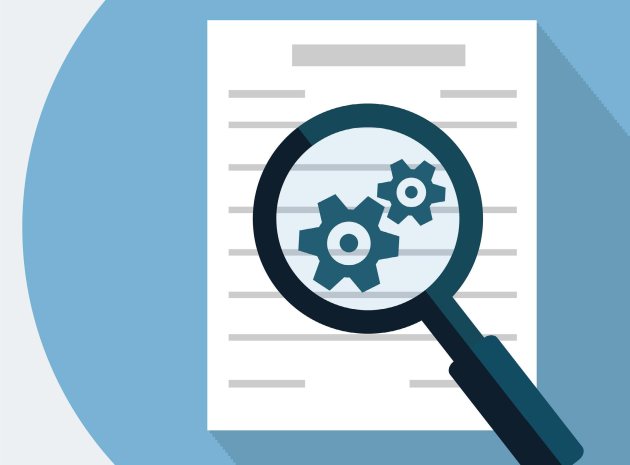The beginning of the school year is an ideal time to consider contracts. Most LA maintained schools’ contracts are renewed in April and notice periods can be as long as six months, so research and negotiations should get started immediately. For academies, contracts are typically renewed in September, so now is a good time to start researching potential suppliers for major contracts prior to tendering later in the year.
Dealing with contracts and suppliers can feel quite distant from the classroom, but heads of department and other teachers often have responsibility for budgets and are increasingly involved in negotiating and managing contracts.
The School Business Manager (or similar role) plays a key role in tendering, negotiating and managing contracts. Many of these can have a direct effect on the classroom; for instance poor broadband can limit access to online resources.
Good management of contracts saves time, delivers better quality and reduces costs so budgets can stretch further. So, what’s involved?
1. Set expectations, and consult with everyone involved
It’s difficult to obtain a good contract if you don’t know what you want. Talking to everyone that may be affected by the contract means you can ensure it meets their needs and nothing is missed. Draw up a specification that details the main requirements, your budget and key timings.
2. Involve prospective suppliers from the start
Speaking to suppliers early on in the process allows you to find out about new developments and packages, and can affect what you want to purchase. Talking to suppliers also helps you to understand which parts of their service you can do without and which are essential, and what the likely budget will be. Suppliers can also help to specify large contracts such as catering, ground maintenance or energy supply. This saves time and ensures you have everything covered. Prospective suppliers often provide a specification, which can be useful. However, this will generally favour their strengths so take the best bits from a range and combine them to create your own.
3. Choose the right procurement route
Procurement in schools is increasingly under scrutiny. More group buying and larger school groups, such as multi-academy trusts, make purchasing more complex. Generally speaking anything under £30K requires three or more formal quotes. Over £30k typically means you’ll need to tender the contract.
Tendering is a more formal exercise and should involve generating a more detailed specification. It’s a good idea to have a prequalification questionnaire in order to filter out companies that may want to tender but don’t meet your criteria.
Be mindful of aggregation. This is where a contract is continually renewed without tendering and is treated as one contract. The total aggregated value can mean you’re in breach of procurement rules. So ensure you undertake regular retendering for services.
4. Score your responses
As with job interviews, scoring your suppliers’ responses is sensible. It can help you to focus on what’s most important to you and how well a supplier can meet your needs. Scoring provides a useful reference for making a final decision and is a useful if you ever need to go back to the reasons why a particular contractor was awarded the contract – or why a contractor was not successful.
5. Actively manage your contract
Like all relationships whether professional or personal, everyone starts out with the best of intentions. Very few suppliers turn up to do a bad job. However, things can go wrong and it’s usually because the relationship or contract hasn’t been managed adequately.
Regularly review the contract with the supplier to talk about how things are going. It gives you both an opportunity to make reasonable and appropriate adjustments. For instance, a cleaning provider may ask you to ensure teachers clear up the classroom before they clean up.
Ensure you record notes of significance. The contract is for a fixed period and you’re going to need to start planning in the final third for the next one. By referring to your notes through the last contract you can improve the specification and give yourself the knowledge to negotiate a better deal the next time round.
About the author
Adam Watson is a director at Every Education, an online management system for schools to help them organise and manage contracts, assets, maintenance and procurement. He has worked in the education sector for more than 20 years and helped many schools to save money through better operational management. www.everyeducation.co.uk









